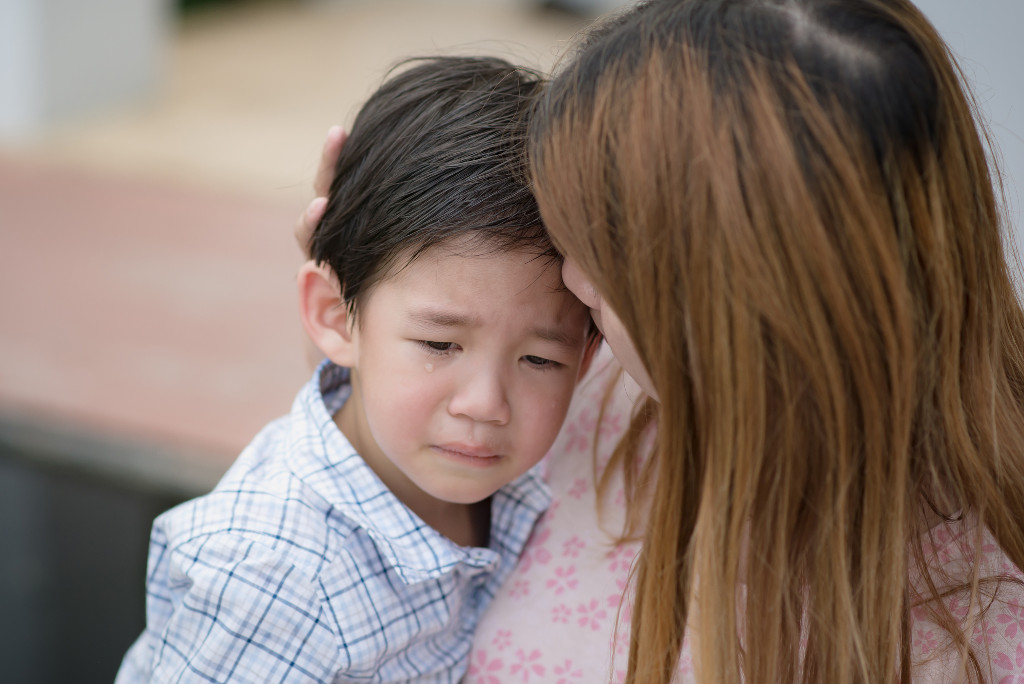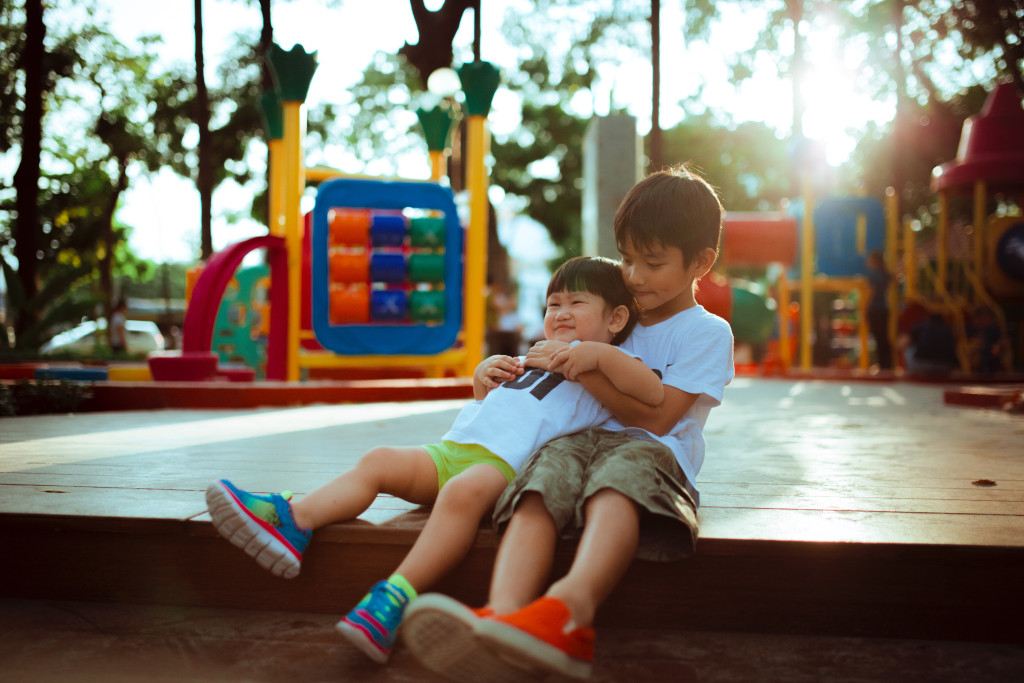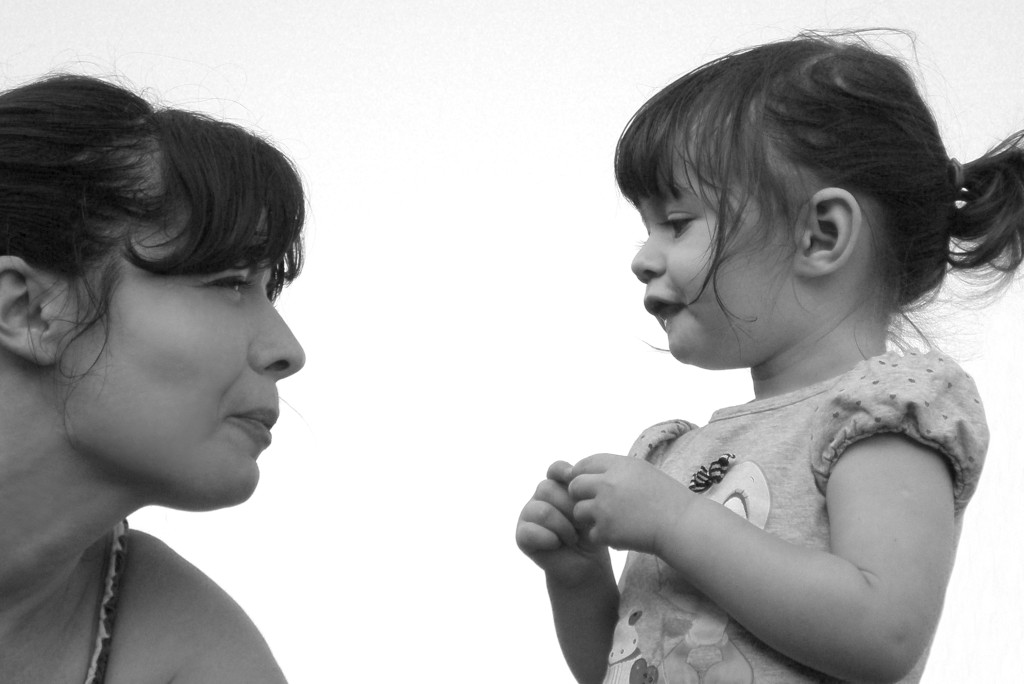SingaporeMotherhood | Baby & Toddler
December 2019
Theory of Mind – How It Helps Improve Your Child’s Friendships and Quality of Life

Children start spending a great amount of time with their friends when it is time for them to go to school. It can be a challenging transition period for many youngsters. It’s when they begin to replace time with their parents or their siblings with newfound friendships. So what is Theory of Mind, and how does it help improve friendships and quality of life?
Some Children Connect Effortlessly with Their Peers… while Others Don’t
Some parents may feel that their little one is not making friends as easily as the other children. Or that their child struggles to maintain friendships. Some children get into squabbles; others withdraw into their shells.

Understandably, these types of situations can baffle even the most understanding of parents. For instance, it’s not uncommon for a parent to struggle with statements like these: “He has no idea about others’ feelings!”
Due to the significantly positive outcomes associated with reciprocated childhood friendships, a lot of research has been devoted to understanding the fundamentals of this connection. One particular factor stands out.
Experts believe that childhood friendships can be influenced by a child’s ability to understand that other people may have thoughts, desires and feelings that may differ from their own. This concept is known as Theory of Mind.
(See also: Toddler Developmental Milestones: 12 – 48 months)
What is Theory of Mind?
Theory of mind is the key to understanding other people in a social world. It is what we use to explain and predict the behaviour of others1, skills that allow us to navigate social situations adeptly.

Children start to learn the skills they’ll need later on for developing their theory of mind from a very young age2. Infants and toddlers learn to:
- Observe others and copy them
- Recognise the emotions of those around them
- Use words like “happy” or “sad” to describe their feelings
- Comprehend that emotions have both causes and consequences
Children genuinely start understanding others when their theory of mind emerges, usually between four and five years old. Preschoolers in this age group learn to:
- Understand that people act in certain ways to get what they want
- Pretend that they are someone else during play (like a teacher or a doctor or a fireman)
- Put themselves in others’ shoes and imagine what they may be thinking or feeling
- Predict what others may think, feel or say about something
Throughout life, we have many opportunities to experience new people or new behaviours. For this reason, it has been argued that our theory of mind can continue to develop through adolescence and well into adulthood3,4.
(See also: Letting Go of Your Baby; Welcoming Your Tween)
Why is Theory of Mind Important?

Theory of mind is a necessary skill we need in order to understand another person’s emotions, intentions, beliefs and knowledge. This allows us to navigate social situations adeptly. It is particularly crucial for kids learning to survive their own social minefields. Theory of mind can help children:
Boost emotional development – Childhood friendships are an essential part of development. In fact, having good friendships in childhood can prepare them for more complicated social situations in their adolescent and teen years.
Solve interpersonal issues – Children who understand how others think are better able to predict what someone might do next. They can then solve interpersonal issues more effectively.
Enhance academic performance – Developing a strong theory of mind is essential in the social world. This can also have the snowball effect of enhancing their academic performance in school5.

Develop self-awareness – The ability to understand the mental states of other people allows for introspection as well, to help the child understand themselves better. Self-awareness is vital for forming a healthy sense of self which is an essential part of social functioning.
Gain self-confidence – Research has indicated that friendships in childhood are highly beneficial. They can lead to greater self-confidence and successful relationships in adult life6.
Have better quality of life – When youngsters struggle to understand what others are thinking or feeling, their friendships can suffer. Positive childhood relationships can boost social-cognitive skills and lead to a better quality of life.
Younger children often seem more egocentric as they are still unable to consider the mental states of other people in social interactions. It is important for a child to learn that someone else might have different beliefs about specific objects or events than they do — even if they know it to be true.
(See also: Teaching Manners to Kids aged one to 12 Years)
Help Your Child to Recognise Situations where Theory of Mind Comes into Play
Certain factors can influence the rate at which theory of mind develops. Internal factors like cognitive abilities and language abilities can also influence the process. Here’s how you can help your child use theory of mind effectively in real life:

1. Provide Playmates
Children with siblings tend to be aware of the mental states of others at a younger age. If yours is an only child, try to provide playmates by arranging playdates. You can also take them to places such as playgrounds, where they can interact freely with other kids.
2. Encourage Pretend Play
It has been established that children who participate in pretend play develop theory of mind earlier than those who do not. You can encourage your child to use their imagination by providing them with the opportunities and tools for pretend play.
3. Read storybooks
Reading storybooks with your child is a great way to work on theory of mind. Instead of simply narrating the words, make sure to stop and ask plenty of questions along the way. Like “How do you think Lucy feels?”, or “What do you think Lucy will do next?”
4. Play ‘Put Yourself in His/Her Shoes’
Expand this to include real-life people and situations. Educate them about what might be going on in other people’s minds. Perhaps they meet a friendly bus driver, or see a grumpy ‘auntie’ at the food court. Discreetly discuss what they might be thinking and feeling!

5. Tap on Experiences
Children who talk with others about their past experiences have the opportunity of learning these skills head-on. Initiate such conversations whenever possible. For instance, “Wow, Luke went to the zoo. We went to the zoo last week too, right? What did you see?”
6. Speak from the Heart
Children also show an understanding of the thoughts and feelings of other people earlier if their parents talk to them about feelings, thoughts and wants7. So remember to engage your child in heart-to-hearts often — every interaction is a chance to learn!
If you want your little one to thrive in the social world, don’t wait. Read their favourite stories to them before bedtime or act out real life situations playfully with them. Perhaps you could even have a real heart-to-heart conversation with your child more often. Let them in on the secrets of Theory of Mind, and watch them take on the social world by storm!
(See also: Why You Need to Let Your Child Be Bored)
References:
1 Sidera, F., Perpiñà, G., Serrano, J., & Rostan, C. (2018). Why is theory of mind important for referential communication?. Current Psychology, 37(1), 82-97.
2 Wellman, H. M. & Liu, D. (2004). Scaling theory of mind tasks. Child Development, 75, 759-763.
3 Calero, CI, Salles, A, Semelan, M, & Sigman, M. Age and gender dependent development of theory of mind in 6- to 8-years old children. Frontier in Human Neuroscience. 2013;7:281.
4 Dumontheil, I, Apperly, IA, & Blakemore, SJ. Online usage of theory of mind continues to develop in late adolescence. Dev. Sci. 2010;13:331-338.
5 Dunn J. Children’s relationships: Bridging the divide between cognitive and social development. Journal of Child Psychology and Psychiatry 1996;37(5):507-518.
6 Rubin, Kenneth & Bowker, Julie. The SAGE Encyclopedia of Lifespan Human Development., Edition: 1, Chapter: Friendship, Publisher: Sage, Editors: M. Bornstein, M.E. Arterberry, K.L. Fingerman, J.E. Lansford, pp.908-910.
7 Astington, J. W., & Edward, M. J. (2010). The development of theory of mind in early childhood. Encyclopedia on early childhood development, 1-6.
This article was contributed by Dr Lisa Lim Su Li, Clinical Director and Senior Speech Language Pathologist at The Speech Practice Pte Ltd
Feature & header image: Source
All content from this article, including images, cannot be reproduced without credits or written permission from SingaporeMotherhood.
Follow us on Facebook, Instagram, and Telegram for the latest article and promotion updates.





